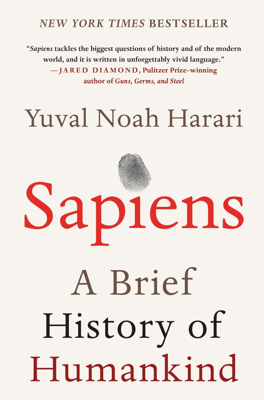The Scent of Money
Historical Context of Money
The chapter initiates with the encounter of the Spanish conquistadors led by Hernán Cortés in Mexico, highlighting the obsession of the Spanish with gold, a perspective not fully shared by the Aztecs who valued it differently, preferring to use cocoa beans or cloth for daily transactions. This introduces the concept that the value of money is not inherent but culturally and socially constructed.
Evolution from Barter to Money
The narrative progresses by explaining the limitations of barter systems, which were impractical in large-scale economies due to their inefficiency in handling diverse and abundant products. Complicated barter transactions involving multiple goods and services necessitated a switch to a more efficient system—money.
Diverse Forms of Money
Money has evolved in various forms across different cultures, from physical objects like cowry shells and cigarettes in prisons to electronic data in modern banking. Its essential role is highlighted as a medium that systematically represents the value of goods and services, enabling easier transactions and wealth storage compared to direct barter or commodity-based trade.
Psychological and Societal Trust in Money
The concept of money is entrenched in mutual trust within society, which facilitates its acceptance in trade and taxation. Money’s success depends heavily on the trust people place in its value, which is authorized by recognizable entities such as governments or influential institutions. This trust is not derived from the physical attributes of money but through the psychological and social agreements among its users.
Money as a Universal Medium
Money serves as a universal mediator, capable of converting various forms of labor and resources into other forms of value. This quality allows for extensive economic interactions among diverse groups, transcending cultural and geographic barriers. This function of money has connected global economies, enabling a widespread economic and political sphere that operates under a unified monetary understanding.
Implications and Consequences of Monetary Systems
Despite its utility, the universality of money can undermine traditional values like honor and loyalty, as it commodifies aspects of human interaction previously governed by non-economic social norms. The economic penetration by money often disrupts local traditions and community relationships, replacing them with the impersonal dynamics of market forces.
Balancing Economic and Cultural Values
The text concludes with a reflection on the dual role of money in both facilitating global cooperation and risking the erosion of cultural and communal bonds. It acknowledges ongoing struggles to balance economic efficiency with the maintenance of social integrity and cultural values, suggesting that understanding this balance is crucial for comprehending the broader historical processes of human unification and cultural exchange.
